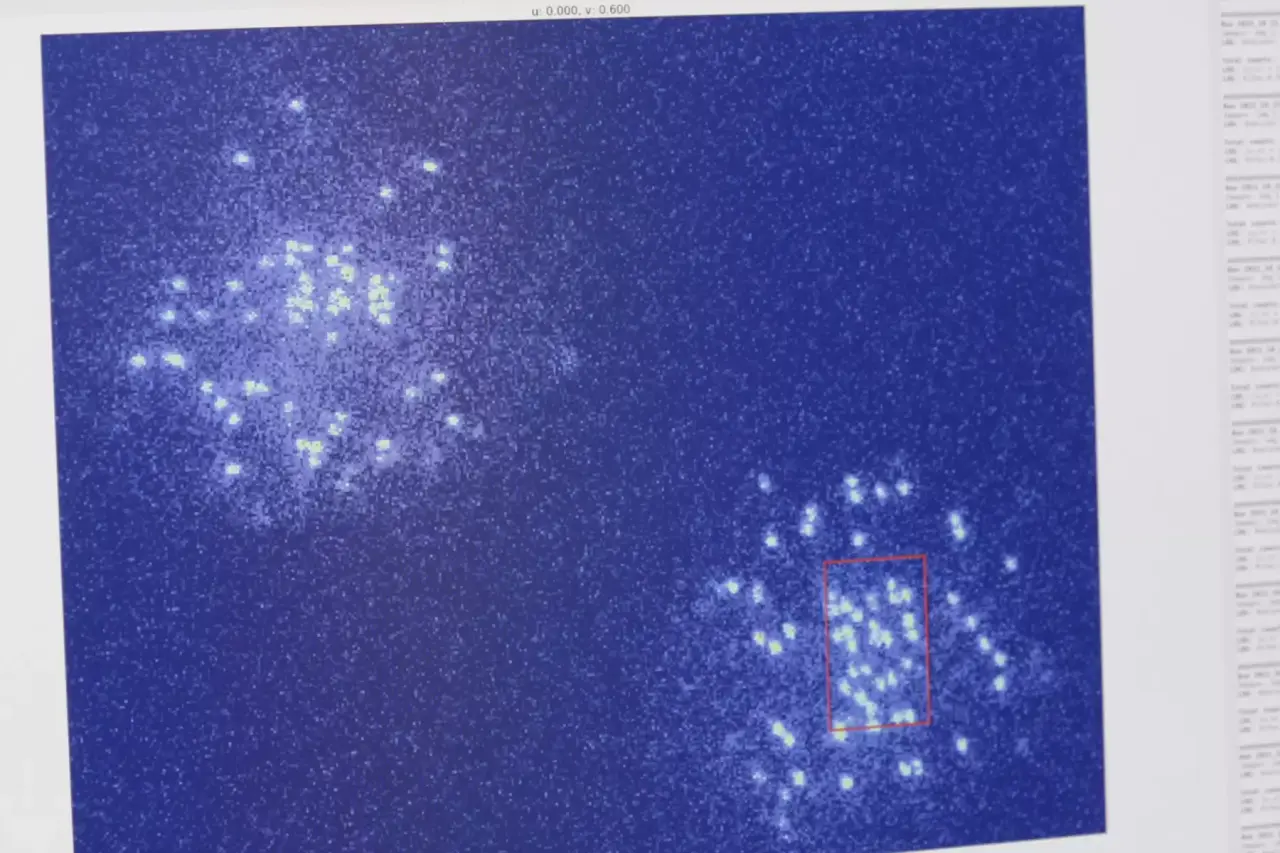31 October 2024
Quantum advantage in close sight: Quantum simulators show resilience to errors
Theorists show that analogue quantum simulators can outperform classical computers in solving certain problems in many-body physics even in the presence of errors, bringing the quantum advantage closer to the near future.
Theorists at the Max Planck Institute of Quantum Optics have made a significant stride in the field of quantum computing. Their research addresses a long-standing question: can quantum computers really outperform classical computers in solving complex problems, despite the presence of errors? In a new study focusing on analogue quantum simulators – specialised quantum devices used to mimic physical systems – the researchers could show precisely that: quantum simulators can remain stable and provide accurate results, even when subjected to errors. This finding is groundbreaking as it suggests that practical quantum advantage, where quantum computers outscore classical ones, may be within reach sooner than previously thought. The work was recently published in Nature Communications.
While some quantum hardware platforms are not yet capable of fully fault-tolerant quantum computation, they can be used as analogue quantum simulators to solve many-body problems. These simulators work by mimicking a target Hamiltonian, a mathematical representation of the energy in a system, by an experimentally controllable quantum system. One of the key challenges with quantum simulators has been dealing with errors – imperfections in the system caused, for example, by decoherence, atomic losses or changes in the energy levels of the atom – which can lead to inaccurate results. Unlike fully fault-tolerant quantum computers, which are still theoretical, analogue quantum simulators have no error-correcting mechanisms. This has raised concerns about their reliability and the extent to which they can outperform classical computers – and achieve a quantum advantage.
A group of three theorists at MPQ, Rahul Trivedi, Ignacio Cirac and Adrian Franco Rubio, have now addressed this issue by developing a new framework for analysing the stability of quantum simulators in the presence of errors. Traditionally, the workaround for noise is to create error correction codes that store information redundantly in more qubits than would be required on a noiseless device, thus counteracting the effects of noise. But here, the researchers take a different approach by identifying a system-size independent measure of stability in both Gaussian fermion models and quantum spin systems. Remarkably, they found that these models, including those with long-range correlations that were typically thought to be sensitive to disturbances, can remain stable. This stability allows the quantum simulator to accurately compute physical properties, such as those at the thermodynamic limit, without the need for explicit error correction.
In addition to this inherent robustness to system errors, the team also explored the potential for quantum advantage – the point at which quantum simulators can solve problems more efficiently than classical algorithms. By analysing the computational effort required to achieve a given accuracy in the thermodynamic limit, they found that quantum simulators could indeed provide superpolynomial to exponential speedups over classical methods. This is particularly true for many-body problems, where classical approaches become infeasible as ever higher precision is required.
Rahul Trivedi, research group leader in the division of Ignacio Cirac and one of the lead authors, commented on the findings: "Our work shows that even with the presence of errors, which are inevitable in current quantum computing hardware, we can still achieve reliable results. This paves the way for a practical quantum advantage in the near future, where quantum devices can solve real-world problems that classical computers cannot."
The implications of these new results could affect almost all problems in many-body physics, including problems in condensed matter physics, in high-energy physics such as lattice gauge theory, or in quantum optics, to name but a few. The insight that analogue simulators remain stable in the presence of errors suggests that they are already suitable as computational devices to solve complex many body problems that are evident in many areas of physics. Furthermore, any new technological advances in the noise rates of quantum simulators would further improve their precision at a rate that classical computers will find hard to keep up with, potentially leading to a quantum advantage in the near future, the scientists predict.
Source: MPQ Website
Publication
Fusion of deterministically generated photonic graph states
Trivedi, R., Franco Rubio, A. & Cirac, J.I.
Nat Commun 15, 6507 (2024)
DOI:
10.1038/s41467-024-50750-x
